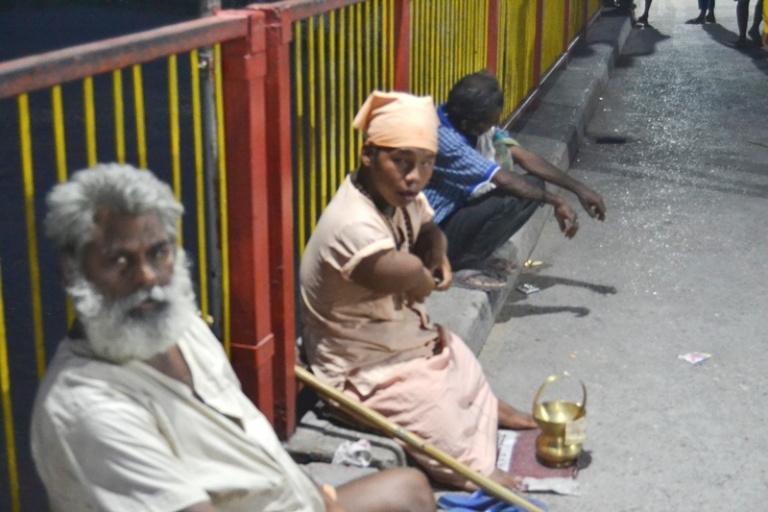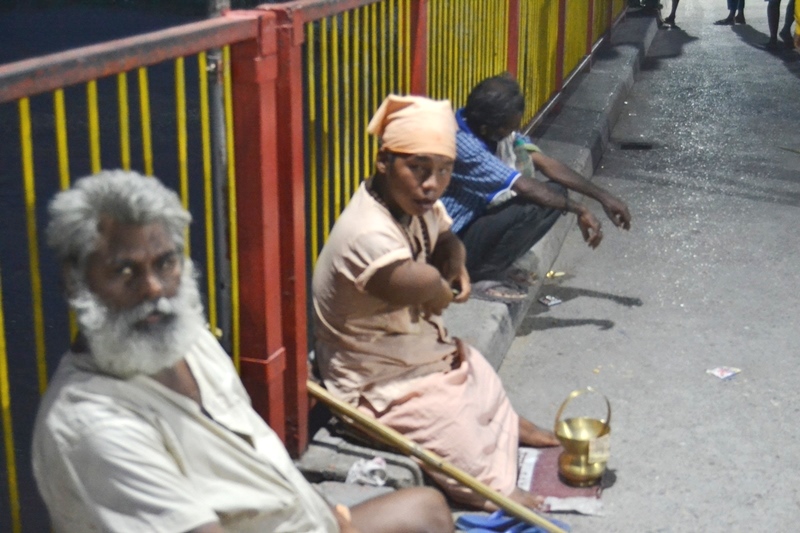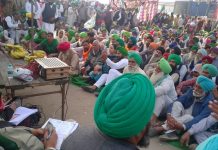Delhi HC dismisses begging as a criminal offence and suggests that begging is only symptomatic of the greater disease of economic disparity. This reminds us of the failures of a nation-state and the irony of a democracy.
Rohith Nair is a Documentary Filmmaker Activist working in Trilokpuri, Delhi.
Given a chance would you like to go to school and study/have a decent source of employment and earn or would you rather go on the street and experience something as humiliating and inhuman as begging? We are sure that any person in their sanity would choose the former over the later. It is sure that nobody begs or leads a life or poverty because the like to, it’s not a choice that they have consciously taken.

Thankfully the Delhi High Court on Wednesday nullified the provision stating that begging is a criminal offence and said in its ling judgement that it is against the constitution and should be demolished. It was in 1959 that the Bombay Prevention of Begging Act came to be enforced. The act accorded begging the status of a crime and punished those who were caught in it. The Delhi High Court’s judgement acknowledges the fact that no person begs out of choice, it only due to their economic conditions that they are compelled to beg.
Rampant poverty, unemployment, illiteracy and improper distribution of wealth were all collectively responsible for begging and this could not be seen in isolation. Many people who are seen begging on the streets are largely doing it out of compulsion as they don’t have another source for earning money and fending for their family. By criminalising begging we are snatching the only source of money they have without addressing the greater economic issues. The court’s concern is that by making begging an illicit act, the government cannot solve the nation’s deep-rooted and entrenched problem of poverty.
The issue of begging cannot be seen in isolation and is the result of a deeper malaise in society where there is economic inequality, unemployment and a lack of structural mechanism to address the issue. Criminalising begging would mean that the government is turning a blind eye to a large section of the underprivileged people who are begging because of the lack of alternatives. Begging is like the symptom of a disease but we often confuse it as the disease itself. The government does have the mandate to provide social security to everyone, to ensure that citizens irrespective of economic backgrounds have access to basic facilities, that employment is generated and the rampant manifestation of begging showcases the fact that the state has inadequately performed its duties.
It is important that we attack the racket of begging, the way gangs handicap children and compel them to enter into the act of begging, we must understand how sex rackets and drug rackets are all entrenched into what we know as begging. The step was taken in favour of two Public Interest Litigations (PILs) filed by Harsh Mandar and Karnika Sawhney.
Instead of criminalising begging what is crucial; for the government to do is to ensure that all individuals irrespective of their class backgrounds have access to education, health, housing and employment opportunities. It is also significant for the state to ensure that a proper distribution of resources and property takes place in society and a decent living is made possible for all individuals. Begging reminds us of the many unfulfilled promises of the nation-state and the several failures of a neo-rich, market oriented society that often tends to remain unaffected by the plight of the masses.














